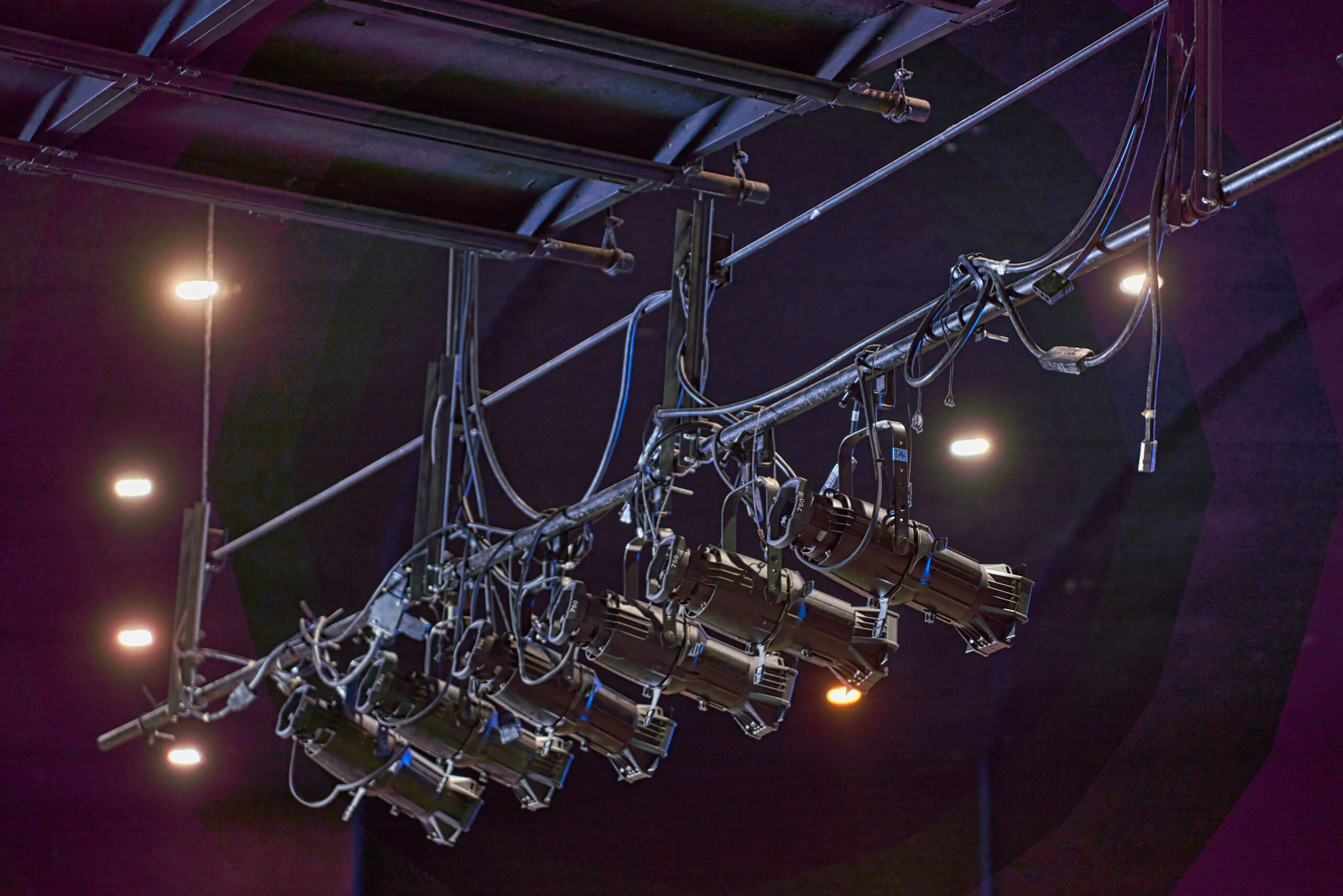The impact of COVID-19 on the DCMS sectors: PiPA submission
Download research
Headlines
Published: June 2020
Parents and Carers in Performing Arts (PiPA) welcomed the opportunity to submit evidence to the DCMS Committee on the impact of Covid-19 on the performing arts sector.
—
Since 2016 we have worked with performing arts venues and production companies across theatre, opera, music and dance, to develop and support the implementation of employment and working practices which are inclusive of parents and carers, whether employees or freelance. PiPA’s extensive research has shown the extent to which parents and carers, particularly women, freelancers and those facing other forms of social exclusion, are unable to pursue a career in the performing arts.
Our aim, and that of our industry partners, is that all workers (whether in creative, onstage, backstage or offstage roles) should be able to sustain a fulfilling career and continue to make a positive contribution to the performing arts, regardless of caring responsibilities. Our work with organisations is informed and supported by extensive research with parents and carers themselves.
This submission considers the impact of the Covid-19 crisis specifically on the parent and carer workforce in the performing arts, which we define as theatre, opera, live music and dance. PiPA supports the submissions and recommendations from bodies taking a more general view of the industry, in particular those from UK Theatre/SOLT, Equity, MU and BECTU .
This submission draws on evidence from PiPA’s published research; from current communications with our Charter Partner organisations (see Appendix I for a list of current Charter Partners); from the Actors’ Children’s Trust; and from an online survey of parents and carers that work in the performing arts, circulated to our mailing list between 14 and 16 June.
Key Findings
50% fear having to leave the industry
The crisis has underscored how vulnerable families are: over half of survey respondents fear that they will have to leave the industry because they cannot risk income.
Women disproportionately affected
Particular concern about the long-term impact on women, who are already more likely to be freelance and earning less; and are now more likely to be taking on the majority of childcare and home schooling.
Freelancers hit hard
Freelancers or those on short term contracts were left in great uncertainty for too long, and a great number left unable to qualify for SEISS as short term PAYE contracts are the norm in the sector.
